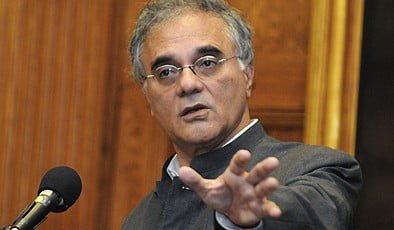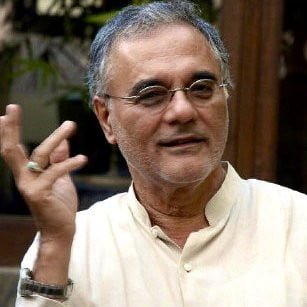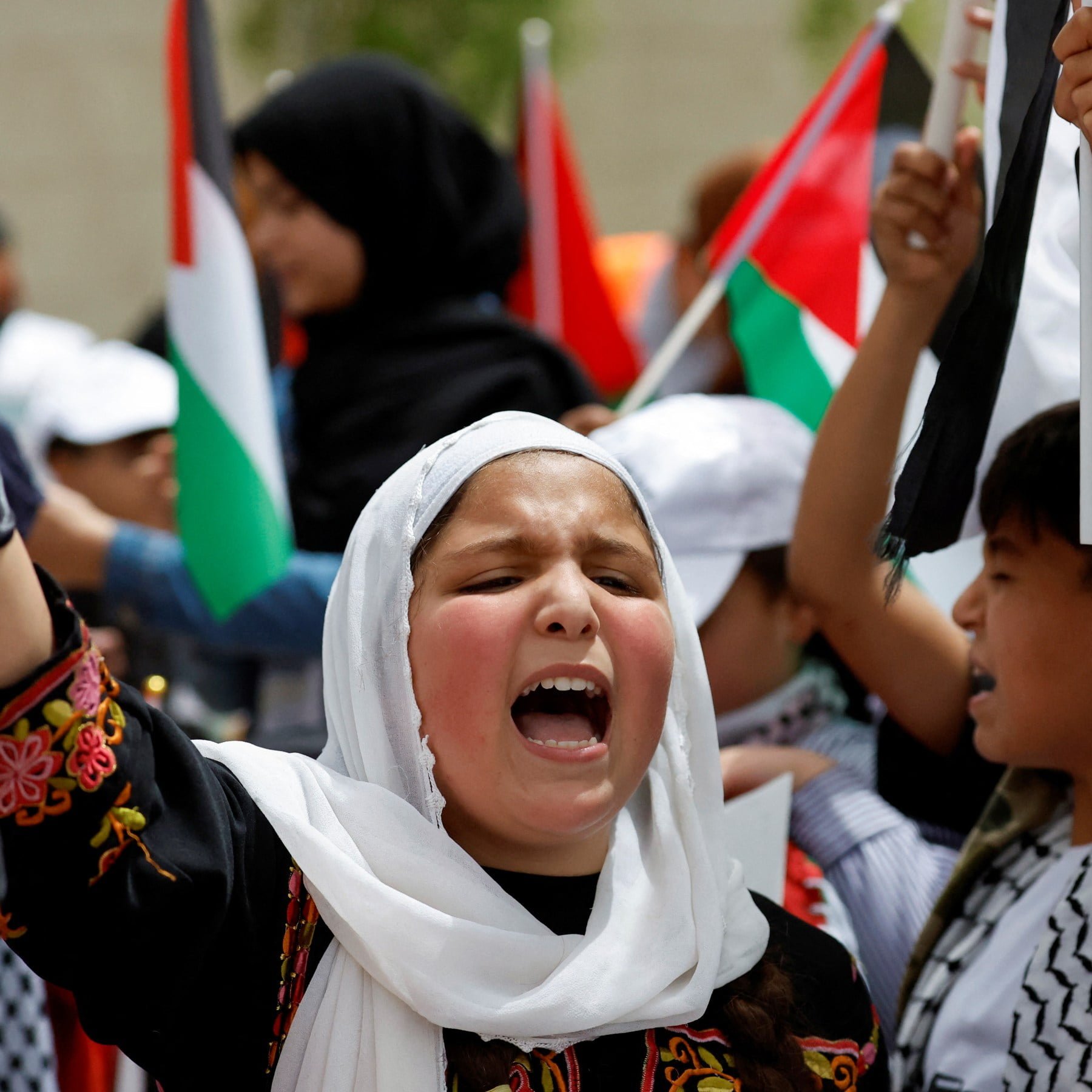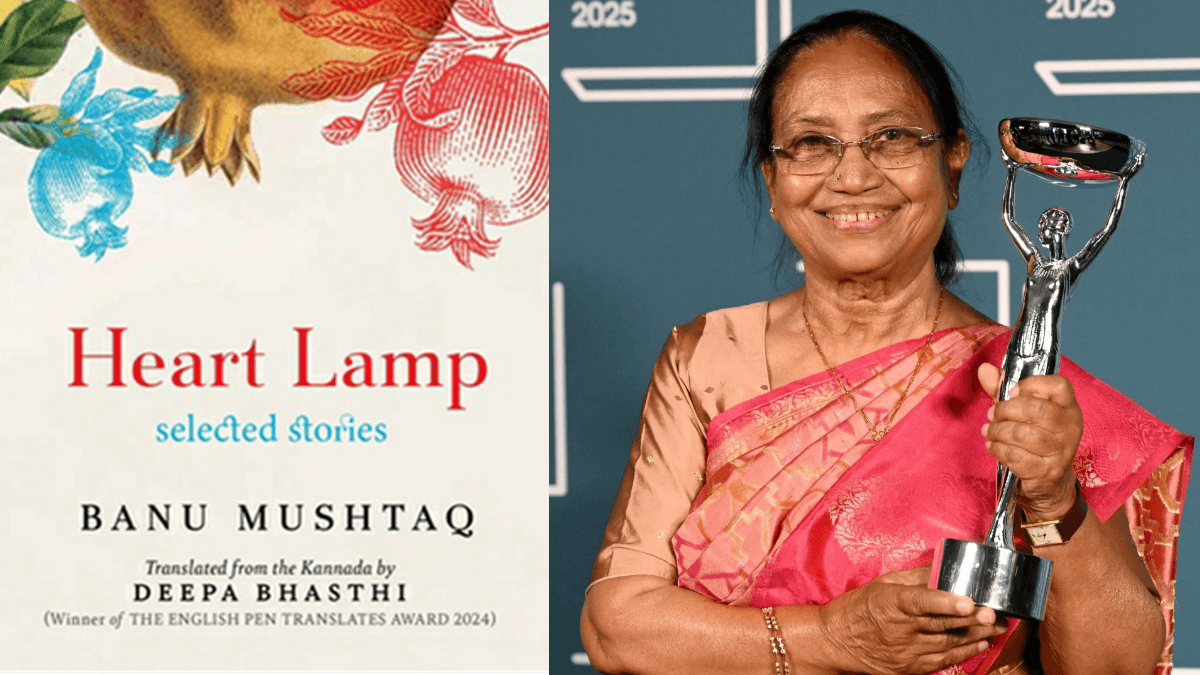Mahmood Mamdani’s latest work, Neither Settler nor Native: The Making and Unmaking of Permanent Minorities, delves into the intricate genealogy of political modernity, scrutinising the entwined narratives of nation-states and colonial states. The Uganda-born author, a distinguished professor at Columbia University, contends that the foundations of the modern state were laid in 1492 when the Castilian monarchy pursued a homogeneous national homeland by ejecting and converting those considered strangers to the nation, such as Moors and Jews. The author’s exploration unfolds through a historical lens, emphasising the reciprocal influence of the nation-state and colonial state, often at the expense of underclass native minorities worldwide.
The author’s exploration unfolds through a historical lens, emphasising the reciprocal influence of the nation-state and colonial state, often at the expense of underclass native minorities worldwide.
In the introductory chapters, Mamdani traces the roots of political modernity to the Castilian monarchy’s actions during the Reconquista, emphasising its aim of nation-building rather than state-building. The author posits that the colonial state and nation-state emerged in tandem, with ethnic and religious majorities politicised to the detriment of contrived ‘permanent minorities’. This perspective is illustrated through case studies spanning North America, Germany, Israel/Palestine, South Africa, and Sudan/South Sudan, unraveling the implications for postcolonial political communities.
The book unfolds across six chapters, each dedicated to a specific case study, from ‘The Indian Question in the United States’ to ‘Decolonizing the Political Community’. Mamdani meticulously examines the violent exclusion embedded in the nation-state project, using the United States as a template for settler-colonialism adopted by regimes like Nazi Germany and Apartheid South Africa. Detailed descriptions of ethnic cleansing and genocide against Native Americans underscore the violent underpinnings of nation-building in a colonial context, influencing subsequent historical events, such as the Nuremberg trials and the establishment of Israel.
Decolonising the political community in Mamdani’s text
Mamdani’s urgent intervention in the discourse calls for the decolonisation of the political, rejecting the nationalist link between cultural subjectivities and state identity. He advocates for depoliticising diversity, not by eliminating cultural differences but by undergoing an epistemological revolution. This, he argues, precedes other transformative changes. The call for decolonisation prompts a reevaluation of the goals and constituents of the decolonisation project. Mamdani criticises prevailing anti-colonial thought for its narrow focus on overthrowing foreign control, emphasising that this alone does not guarantee progress toward social justice.
He vehemently rejects homogenising perspectives within colonial historiography, particularly those fixated on categorising colonial rule into direct and indirect forms. Instead, Mamdani emphasises the need to transcend simplistic classifications like the ‘civilizing mission’ and critiques the Eurocentric lens that often obscures the violent origins of nation-states. By unveiling the co-constitution of nationalism and colonialism, Mamdani challenges readers to reconsider prevailing narratives and confront the complexities inherent in the formation of modern states, urging a deeper understanding of the political rituals and fires shaping cultural and ethnic identities.
Mamdani’s profound insight extends beyond elucidating Europe’s history; it probes the tumultuous landscape of postcolonial territories. Contrary to expectations, the attainment of independence often begets violence instead of peaceful self-governance. Mamdani posits that postcolonial leaders inadvertently perpetuate colonial paradigms, invoking tribal identities to consolidate power. This approach engenders ethnic strife, occasional genocides, and strategic population transfers to establish dominance. In essence, Mamdani contends that the legacy of colonial frameworks persists, shaping the volatile dynamics of postcolonial nations and complicating the trajectory of liberation into an intricate web of identity-driven conflicts.

Central to author’s thesis is the assertion that political violence demands political solutions. He argues that a political project of violence implicates the entire political community – perpetrators, bystanders, and beneficiaries alike. Rather than solely holding perpetrators accountable, Mamdani proposes trying beneficiaries based on the benefits derived from the crimes committed. This shift in focus, from “whodunnit” to the underlying issues driving violence, aligns with a broader examination of race, colonisation, and nationalism. It opens avenues for forging alliances among diverse groups to address systemic issues collectively.
Settlers and natives in apartheid South Africa
The author also delves into the intricate dynamics of political identities in South Africa, highlighting the noteworthy shift from native and settler identities to a novel survivor identity. He employs a dichotomous discourse to assert that settlers and natives are distinctly defined, emphasising the settler’s invention of the native as the “other.” Despite South Africa’s strides towards dismantling these identities, Mamdani acknowledges the nation’s incompleteness in achieving true decolonisation. The political landscape, marked by partial de-racialisation, still grapples with tribal affiliations rooted in colonial and apartheid legacies. This unresolved issue contributes to persistent violence, often labeled as xenophobic.
However, Mamdani contends that South Africa’s transition from apartheid to a de-racialised polity is a monumental achievement in the colonial world. Despite challenges, he applauds the formation of a new political community that envisions all South Africans as survivors, transcending the shackles of colonialism and national apartheid. In Mamdani’s view, this transformative process embodies the essence of decolonisation.
The Israel/Palestine question in Mamdani’s text
The Israel/Palestine issue, exemplified by the mass relocation of Jews to Palestine, exposes how the nation-state paradigm facilitated a solution more acceptable to European powers than addressing Jewish well-being within Europe. Mamdani differentiates between earlier Jewish migrations, integrating into the existing community, and later waves marked by armed settlers driven by nationalism.
Mamdani differentiates between earlier Jewish migrations, integrating into the existing community, and later waves marked by armed settlers driven by nationalism.
This resulted in the establishment of a nation-state that confers significant rights upon Jews, even outside Israel, while constraining Palestinian rights. Zionism, critiqued by Mamdani, emerges as both a response to Jewish oppression in European modernity and an enthusiastic enactment of European modernity in colonial contexts, fostering enduring tensions in the region.
In Sudan, Mamdani underscores the notion that colonialism doesn’t necessarily hinge on the physical presence of settlers; rather, it’s rooted in the designation of certain groups as settlers and others as natives. Despite the absence of actual settlers in Sudan, the British labeled Arabs as such through census enumeration, where tribal and racial classifications took precedence over cultural affiliations. This practice accentuated racial distinctions, downplaying linguistic and cultural nuances. The repercussions were profound, as individuals speaking Arabic at home could be excluded from the Arab category based on their racial identity. Consequently, colonialism not only elevated ethnicity to a pivotal aspect of public life but also politicised it, paving the way for heightened ethnic tensions and, at times, extreme political violence (p. 196).
Mamdani’s theorising echoes the insights of anti-Apartheid activists, left intellectuals, and post-colonial theorists, challenging the conventional dichotomy of viewing nationalism as ‘good’ and colonialism as ‘bad.’ His earlier assumptions about the parallel development of nationalism and colonialism are reconsidered, revealing their intertwined origins. In aligning his arguments, Mamdani draws on the works of influential thinkers like Frantz Fanon and Edward Said, enriching the narrative with broader perspectives on colonial legacies and postcolonial struggles.
In his pursuit of social justice against violence, Mamdani envisions a new political consciousness that transcends permanent identities of settler and native. The struggle is not only against colonial legacies but also a call to rethink the political community for all survivors. Mamdani’s vision, encapsulated in the idea of a state without a nation, challenges conventional notions and paves the way for a more inclusive and just political order. His intricate analysis, coupled with historical depth and theoretical insights, makes Neither Settler nor Native a compelling contribution to the discourse on decolonisation and postcolonial political communities.
About the author(s)
Aamir Raza is a dedicated researcher based in New Delhi, India. He holds a Master's degree in Political Science from Jamia Millia Islamia University, New Delhi. He has been previously associated with Lokniti-CSDS and the Institute of Perception Studies as a Researcher. His areas of research interest include Electoral politics, representation, minority studies, ethnic politics and democratisation.








